
Tony Coniaris is a Partner, Co-Chairman, Portfolio Manager and U.S. Investment Analyst at Harris Associates. He is currently a co-manager of the Oakmark Select Fund (MUTF:OAKLX), the Oakmark Global Fund (MUTF:OAKGX) and the Oakmark Global Select Fund (MUTF:OAKWX). Mr. Coniaris joined the firm in 1999, previously serving as both an Associate Analyst and Research Associate at Harris. In his 2,970 word interview in the Wall Street Transcript, Mr. Coniaris shares his top picks for the current market.
“We have a unique, bottom-up investment process, which means we build portfolios without regard to how the indexes are weighted. We have relatively concentrated portfolios, where the most diversified ones have roughly 50 companies. We go all the way down to 20 names or less in some of our portfolios, meaning they are more concentrated and, therefore, have higher conviction…Our investment process among value investors is somewhat unique. When I say we look for businesses trading at significant discounts to our estimate of intrinsic value, I would really underline the word intrinsic…”
This detailed analysis gives some interesting investment decisions for Tony Coniaris:
“You really have to peel back the onion to see the value in Google. When you do that, we believe you’re paying a midteens multiple on the core search business. If you take that $1,250 share price, back out $140 per share of net cash and back out the losses that they’re making on what they call “other bets,” such as their Waymo autonomous driving efforts, you’re paying roughly 16 times earnings for the core search business…One also has to think harder about what YouTube may be worth. We don’t believe Google has monetized YouTube to its full potential yet. If you take the hours viewed on YouTube and value them similarly to how public cable networks are valued, you get a value for YouTube in excess of $430 a share. ”
Get all the top picks from Tony Coniaris at Oakmark Select by reading the complete 2,970 word interview in the Wall Street Transcript.
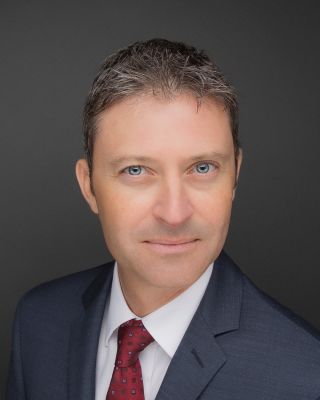
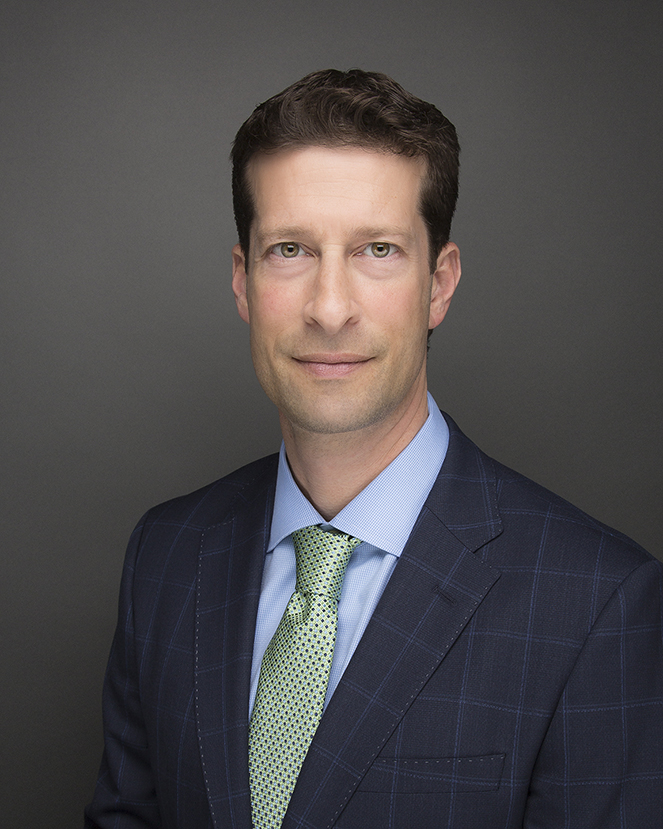
Jacques R. Elmaleh, CFA, is the Director of Research; Lead Portfolio Manager of the growth, dividend and international strategies; and Principal of Steinberg Global Asset Management, Ltd. He leads the firm’s investment committee and is an experienced research analyst specializing in equity and industry analysis and performance attribution. Mr. Elmaleh joined Steinberg Global in 2004 after six years with Earl M. Foster Associates, a money management firm in Miami. He is a Chartered Financial Analyst, a member of the CFA Institute and the CFA Society of South Florida. In 2007, Mr. Elmaleh became a shareholder of the firm. Mr. Elmaleh received his MBA from the University of Miami, where he was awarded the Patrick Cesarano Scholarship for academic excellence in finance.
Steven J. Rothenberg is Portfolio Manager of Steinberg Global Asset Management, Ltd. He joined Steinberg Global in 2015, having spent the past 27 years as a discretionary investment adviser for affluent families, individuals and business owners. Mr. Rothenberg’s professional experience includes Smith Barney Equity Management, First Manhattan Company, Harris Trust Private Bank and Cypress Capital Group. Most recently, Mr. Rothenberg was the Director of Research with Palm Beach-based Carl Domino, Inc. Throughout his career, Mr. Rothenberg has developed and practiced a research-intensive investment discipline. Mr. Rothenberg is a proponent of in-depth fundamental analysis and is inherently oriented toward a value approach in investment selection.
Their 2,754 word interview with the Wall Street Transcript details their investing philosophy as well as their specific top stock picks.
“I think we do have some issues with the CAPE ratio. First, that’s going to adjust in the next two years or so from being super expensive to not being so as 2008, 2009 depressed earnings get anniversaried out of the equation. And also, with these recent fluctuations that we’ve had since late January in the market, earnings are really rising strongly, and valuations have at least stabilized at more reasonable levels. So the market is becoming a little bit cheaper. But it’s still difficult to find good companies that are trading cheap by historic and relative measures.”
Read the entire 2,754 word interview for the specific stock picks from these two award winning investors at Steinberg Global Asset Management.
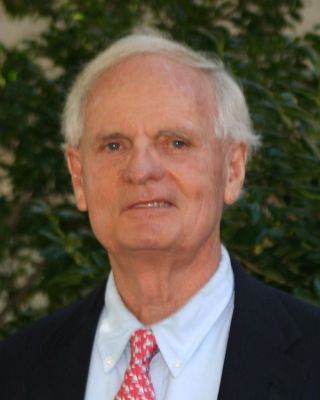
Bobby Edgerton is a Co-Founder of the Capital Investment Companies and has served as an executive officer of the companies since 1984. He is also the firm’s Chief Investment Officer and has been in the financial services industry since 1979. After winning the North Carolina State High School Golf Championship, Mr. Edgerton accepted both a basketball and golf scholarship from Wake Forest University and graduated with a B.A. in business and finance. After graduation, he attained a rank of First Lieutenant in the U.S. Army Signal Corps, where he commanded a thousand-man training company at Fort Gordon, Georgia, during the Vietnam War. During his amateur golf career, Mr. Edgerton played in four United States Amateur Championships.
In his exclusive 2,910 word interview with the Wall Street Transcript, Bobby Edgerton reveals his current market position and details his successful investing strategy.
“I fell in love with the stock market a long time ago after I had some bad experiences with brokerage firms. I taught myself by reading Forbes, Barron’s, Value Line, later on The Wall Street Transcript and listening to the best financial minds in the world. I try to know more about more different companies than any person alive. Later on, about four years ago, I sold my part of the company to Richard Bryant. I’m still Chief Investment Officer and Co-Founder, and I manage our retirement plan. So that’s pretty much what I do.”
“A long time ago, even before I got started, I devised a five-point program for investing in the stock market, which is pretty much nonchanged. I tell people, “If you follow these five principles, the most important thing to know is, you’re going to have a hard time losing a whole lot of money, and you’ll probably make a substantial amount of money.”…Number one is, if you buy essentially cash-rich, debt-free companies, you only buy them when they’re down, not when they’re up at all-time highs, but maybe selling at their yearly lows.”
To get the rest of Bobby Edgerton’s tried and true equity investing strategy read the entire interview in the Wall Street Transcript.
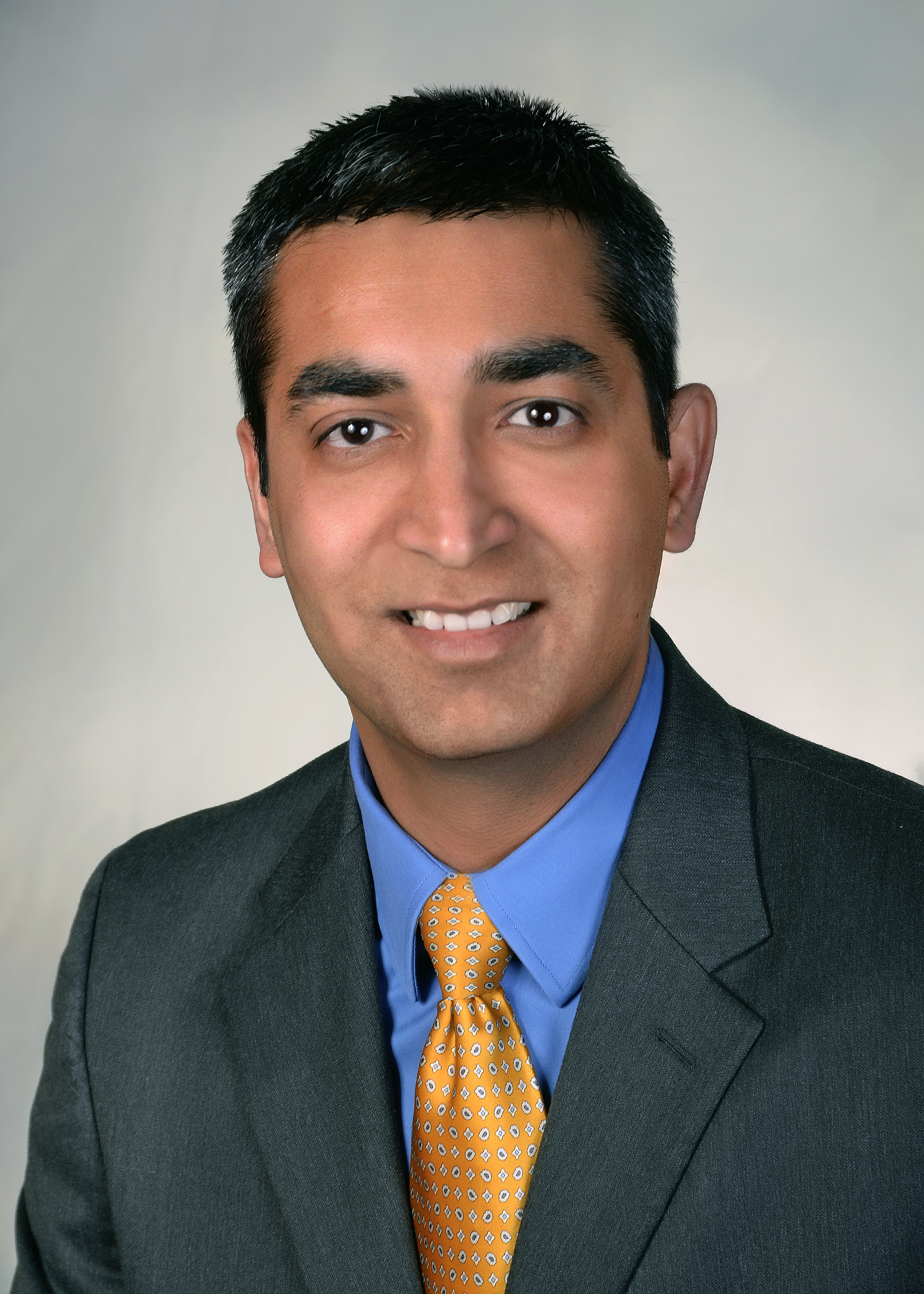
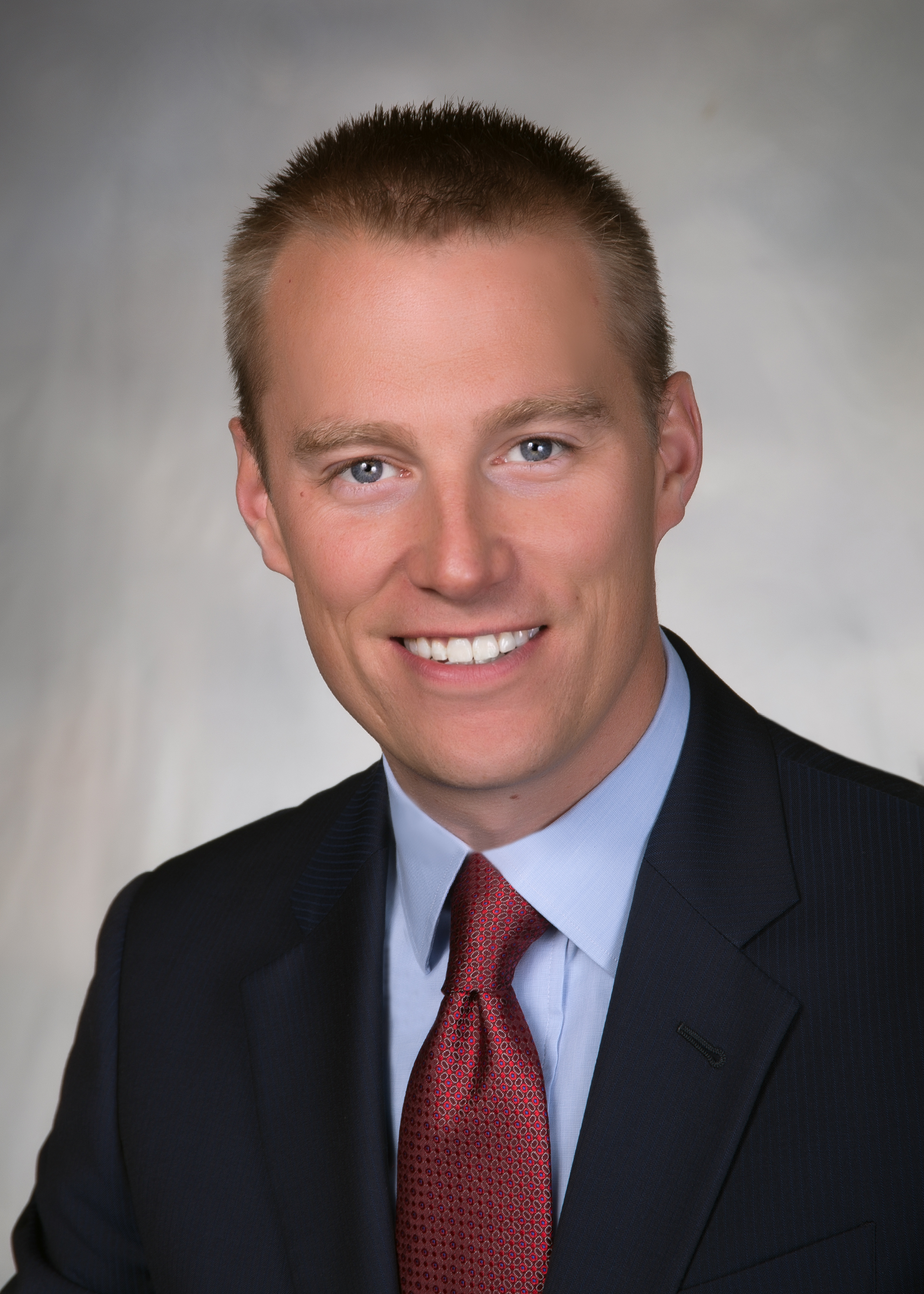
Bimal Shah is an Associate Portfolio Manager for Thornburg Investment Management, Inc. He joined the firm in 2014 as an Equity Research Analyst and was promoted to Associate Portfolio Manager in 2016. Prior to his joining Thornburg, Mr. Shah was a senior investment analyst at Waterstone Capital Management and a research analyst at Macquarie Securities Group. He also held various management positions at Citigroup in New York.
Connor Browne, CFA, is Portfolio Manager and Managing Director of Thornburg Investment Management, Inc. Mr. Browne joined the firm in 2001 as an Associate Portfolio Manager and was promoted to Portfolio Manager in 2006. Mr. Browne graduated cum laude from Princeton University with a B.A. in economics and a certificate in finance.
In this in depth 3,450 word interview with the Wall Street Transcript, the two finance professionals explain the construction of their mutual fund and its top returning picks, both long and short:
“Thornburg Investment Management is based in Santa Fe, New Mexico. We’re a mutual fund and institutional account manager with around $50 billion in client assets under management. The goal of the Thornburg Long/Short Equity Fund is to provide investors with a key long/short equity component within their portfolio that can produce equity index-like returns over the cycle driven by stock selection, but with much better risk characteristics than broad equity indices.”
The long/short portfolio has a very conventional construction:
“I’ll start with a brief overview of how we construct the portfolio. It’s a long/short equity fund, which simply means that we are trying to use fundamental bottom-up stock research to find stocks that we believe are trading at a discount to our calculation of intrinsic value, and those we’ll buy long. But also using our fundamental bottom-up stock research to try to find stocks that, based on our work, are overvalued, and those securities we’ll short, betting that the stock price wyuill move lower. We use fundamental bottom-up stock picking on both sides, with 30 to 40 stocks long and 30 to 40 stocks short.”
To get the complete details, read the entire interview in the Wall Street Transcript.
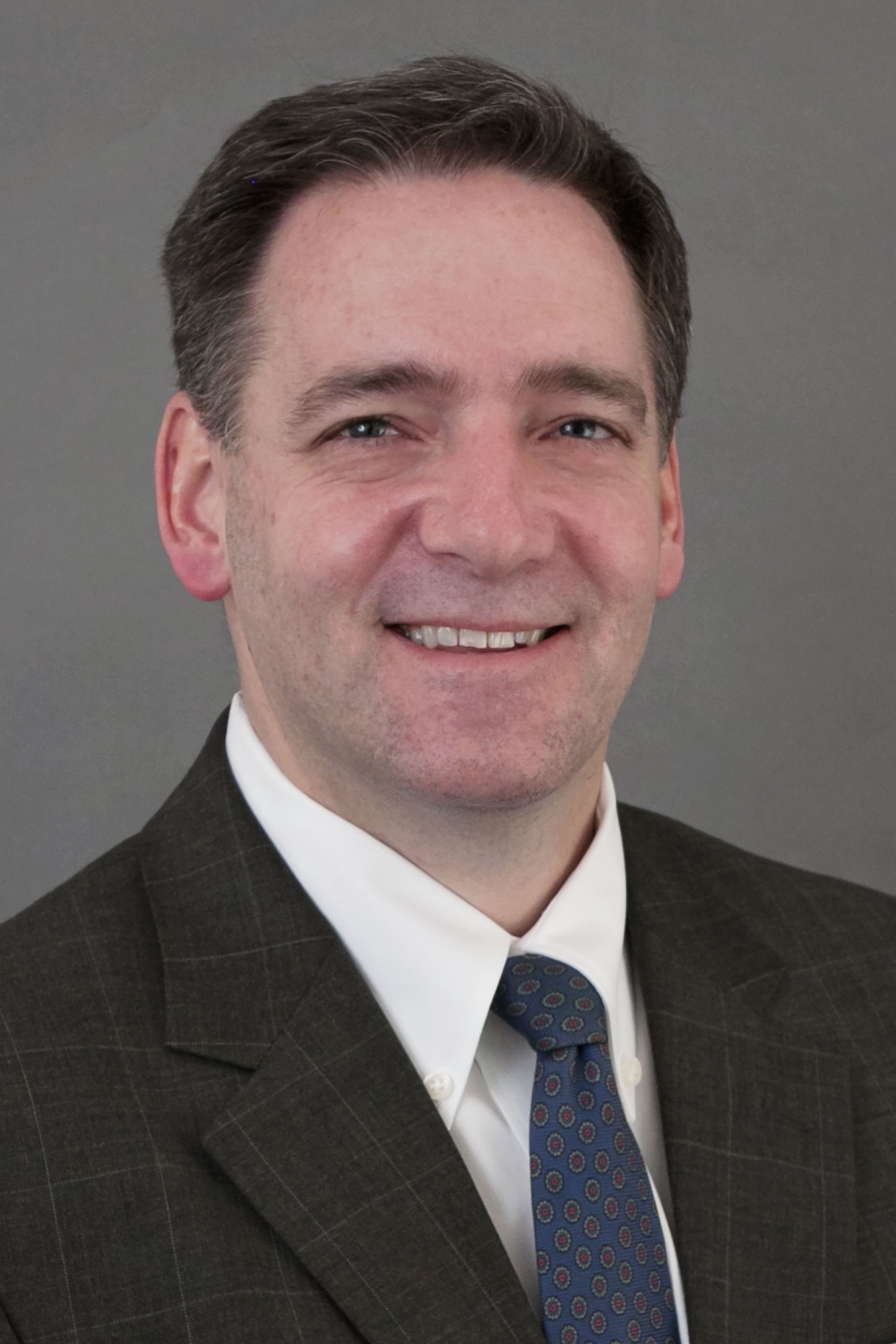
Bill Kornitzer, CFA, is a Portfolio Manager who has been with Buffalo Funds for over 17 years and has 26 years of professional investment experience. Previously, Mr. Kornitzer worked at USAA in investment management, Ernst & Young in their Moscow office in corporate finance, and at Arthur Andersen in their valuation services department. At Buffalo Funds, Mr. Kornitzer works with equity portfolios, and his focus areas include technology, financial services, telecommunications, and food and beverage.
In this exclusive interview with the Wall Street Transcript, Bill Kornitzer describes his firm’s methodology and performance:
“For the Buffalo International Fund and for all the growth funds in the firm, we are really, what I would call, a fundamental growth shop. Ten years ago we would have been called GARP, or growth at a reasonable price. Today, our underlying philosophy is that we believe, over longer periods of time, stocks should continue to follow the underlying fundamentals of a company, including revenue growth, margins, earnings, growth in cash flow. We have a longer-term investment philosophy, so we go into an investment with a general understanding that we want to have a five-year performance time horizon for the investment. To help drive what we do, the firm has identified 26-plus secular growth trends that we use to identify companies that fall within our growth universe.
Buffalo Funds stays close to their midwestern roots:
“First thing to keep in mind is that we’re based in Kansas, what the coasties would call flyover country. We don’t have trading desks around the world, in Tokyo or Hong Kong or Frankfurt or London. We honestly do take a long-term approach to investing in the companies we own and buy in the fund. We’re very patient investors, and what we look to do is to use the noise of the market and the daily flows to find opportunities to give us attractive risk-adjusted returns…We’re not trying to out-trade anybody.”
Read the entire interview with Bill Kornitzer and get the full details in the Wall Street Transcript.
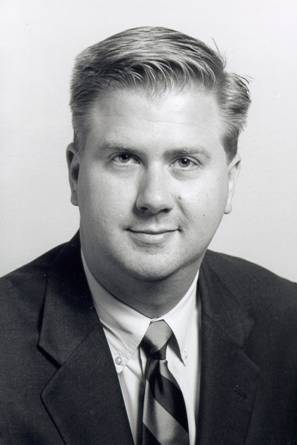
Robert Stevenson joined Janney Montgomery Scott LLC in 2015 as a Managing Director and Head of Real Estate Research. Prior to joining Janney, he was a Managing Director and the Head of the U.S. REIT Research team at Macquarie Capital following that company’s acquisition of Fox-Pitt Kelton in 2009, where he had started the firm’s REIT and homebuilding practice. Earlier in his career, Mr. Stevenson covered REITs and homebuilders for 12 years at Morgan Stanley, where he was an Executive Director and Senior Research Analyst. In this exclusive 2,540 word interview, Award Winning Real Estate expert Robert Stevenson forecasts the real estate market for investors.
Mr. Stevenson sees the higher interest rates from an interesting perspective:
“After a year of significant underperformance, REITs have been performing much better since early April; the last three months they are up more than 11%, and that’s outperforming the S&P 500 by nearly 650 basis points. Importantly, the first part of that happened through mid-May, when the 10-year Treasury yield was still increasing and spiked out at 3.11%, underscoring again that rising interest rates aren’t necessarily a “death blow” for REITs.”
The real estate assets covered by Robert Stevenson are adding value to portfolio managers in the United States: “At Janney, we continue to focus on small-, mid- and even micro-cap REITs that are underfollowed by other sellside research firms, and where we believe we can add value for investors. Since we talked last year, we’ve added nine new names to our coverage universe. In the small- and micro-cap range, we’ve added BRT Apartments (NYSE:BRT), Franklin Street(NYSEAMERICAN:FSP), Gladstone Commercial (NASDAQ:GOOD), NexPoint Residential (NYSE:NXRT) and UMH Properties (NYSE:UMH). In the midcap range, we filled out our industrial coverage by launching on DCT Industrial and First Industrial (NYSE:FR). We also launched on Douglas Emmett (NYSE:DEI) and Highwoods Properties (NYSE:HIW) to expand our coverage of the office REIT space.”
Get details on all these names and alot more by reading the entire interview at the Wall Street Transcript.
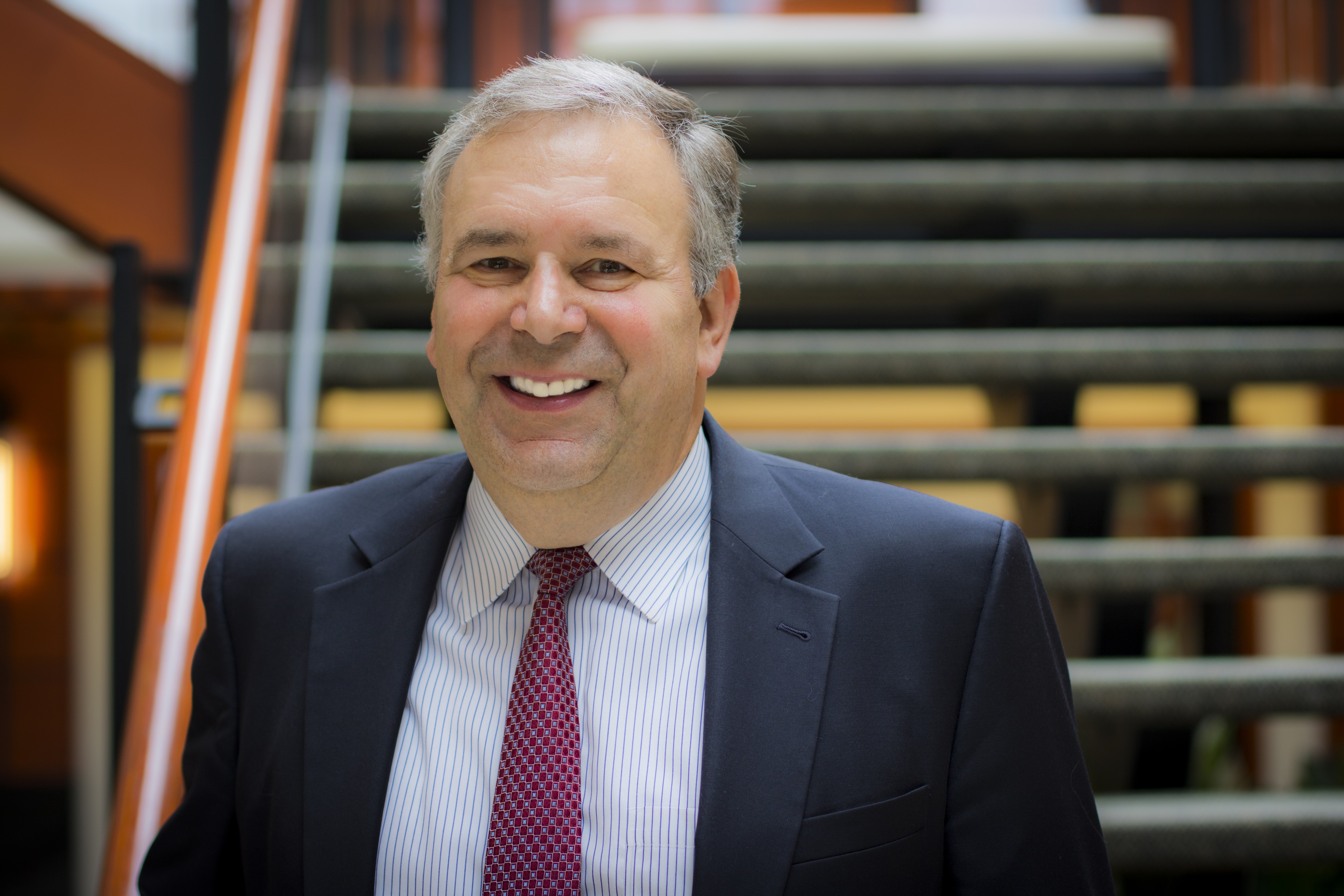
David L. Rogers is a Co-Founder of Life Storage, Inc., and serves as the company’s Chief Executive Officer, a position he has held since 2012. Before assuming his current role, Mr. Rogers served as the company’s Chief Financial Officer and Secretary from 1995 to February 2012, Vice President of Finance of the company’s predecessor from 1988 to 1995, and Controller and Due Diligence Officer from 1984 to 1988. In this 3,400 word exclusive interview with the CEO David Rogers, the Wall Street Transcripts exposes the interesting growth story of this storage building operator.
The Life Storage story is actually a multi-faceted business strategy that is rapidly growing the business: “We like to be, let’s say, in the top 75 MSAs of the country. We like to have larger stores, what we call at least second generation, but more commonly of late — the last five years or so — third generation, which are multistory, climate control, excellent security, look very unlike your father’s self- storage. They are more prone to look like apartments or office buildings than storage and pretty much in more dense areas than we had experienced in the past. We really upgraded the quality of our portfolio with the last 250 or so stores that we’ve acquired since 2012, again, focusing on denser markets, newer stores, bigger stores.”
New growth prospects have been provided by both a variety of acquisitions in key markets and also new business development:
“We’re working on a program right now that we will be announcing soon that we call Rent Now, so right online, the customer can reserve your unit, get your gate code, get your unit number, get your lock, get your lease — everything right from computer to storage without having to go through the rental process at the counter. So there are things that we’re doing on the technology front that are helpful, in addition to the traditional real estate…Certainly, the properties we bought in 2016 and 2017 are providing some real outsized growth to us.”
Get all the details by reading the entire 3,400 word interview in the Wall Street Transcript.
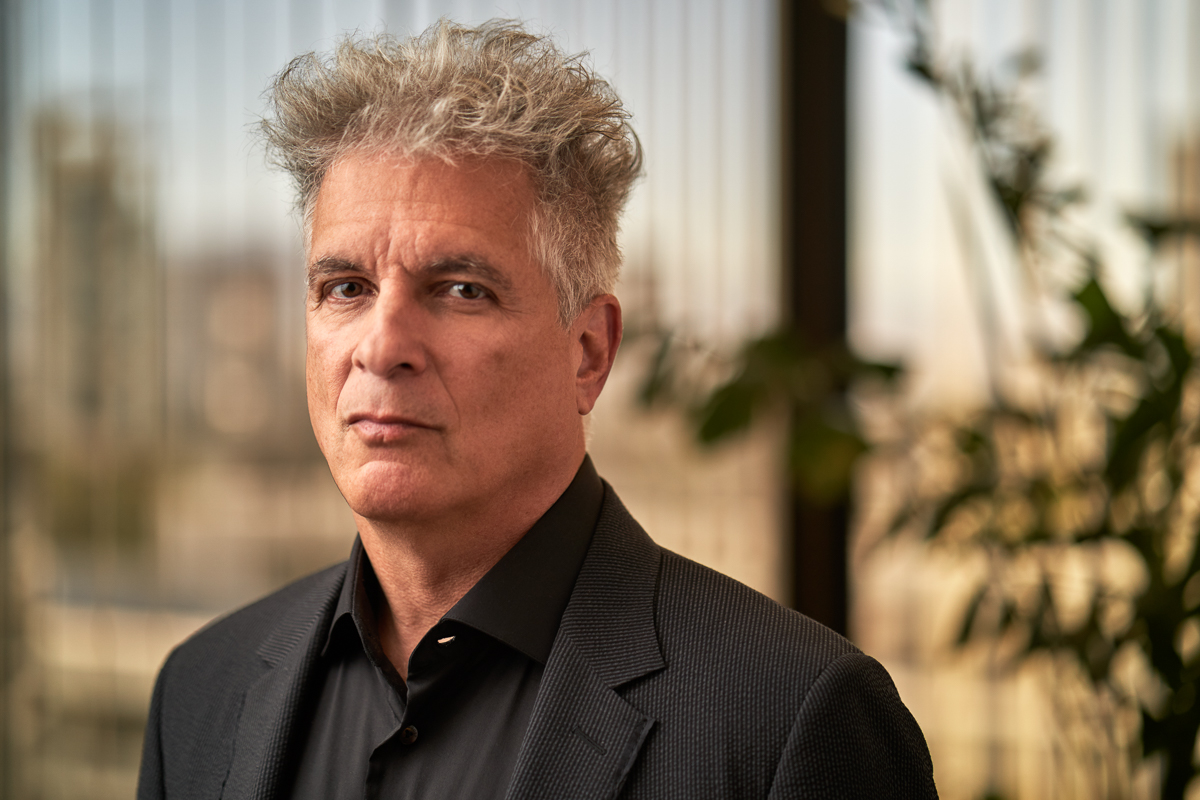
Rick Matros has served as Sabra Health Care REIT, Inc.’s Chairman of the board, President and Chief Executive Officer since its inception in 2010. He was Chairman and CEO of Sun Healthcare Group, Inc., from 2001 until the transaction that created Sabra in 2010. Mr. Matros founded and served as CEO and President of Bright Now! Dental from 1998 to 2000, remaining a director through its subsequent sale in 2010. In addition, Mr. Matros was a Principal and Partner of CareMeridian, LLC, a company specializing in traumatic brain injuries, from 1998 until the sale of its operations in 2006.
In this 3,753 word exclusive interview, the CEO of Sabra, Rick Matros, describes his strategy and detailed vision in the Wall Street Transcript.
“And so while we’re always looking at companies to partner with and ways to grow, things really came together for us last year. CCP was a REIT that had been spun out of Ventas about a year and a half earlier, and they were open to the idea of merging with us. So we were able to get that merger accomplished in the summer of 2017 and very quickly followed that with a large senior housing investment and a large skilled nursing investment, which further diversified the company.”
The various healthcare categories are all represented in the real estate mix for Sabra and Rick Matros details all of them:
“I think, like some of our peers on the skilled nursing side, that things are, if not bottomed out, pretty close to bottoming out. We saw a lot more stability with tenants in the first quarter, and I think that you’ll see the stability continue to improve with senior housing as well over the next couple of quarters. And certainly, on the skilled nursing side, we expect to start seeing an upturn in performance next year. Senior housing has had some oversupply issues, so it may be another year, maybe call it 2020, before you really see senior housing upturning, but it’s already in pretty good shape to begin with, so it’s not like it fell down that far.”
Read the entire interview in the Wall Street Transcript to get the complete picture.
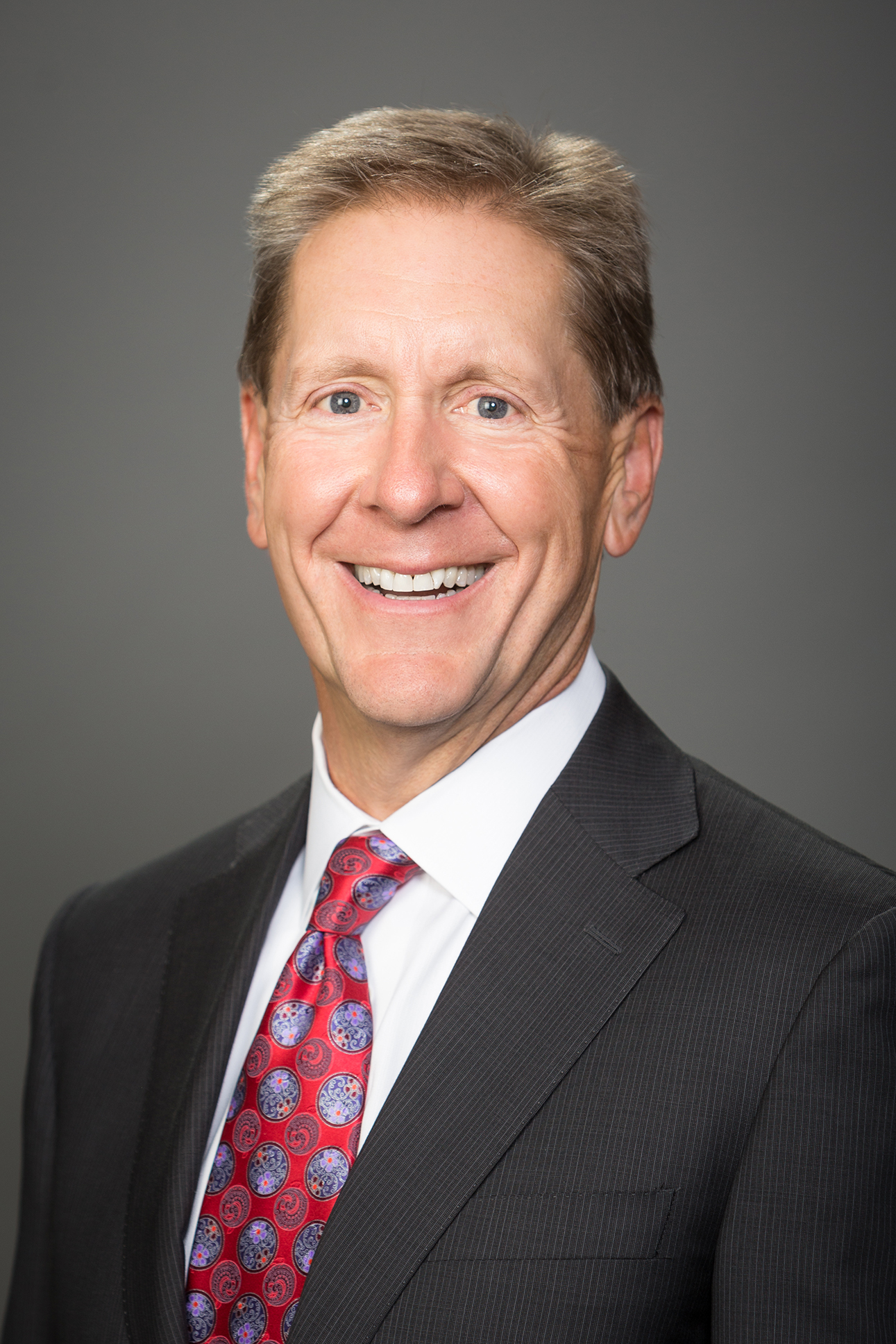
Julian E. Whitehurst, age 59, has served as Chief Executive Officer of National Retail Properties, Inc., since April 2017 and as President of the company since May 2006. Previously, Mr. Whitehurst served as Chief Operating Officer of the company from June 2004 to April 2017 and as General Counsel of the company from 2003 to 2004. Prior to 2003, Mr. Whitehurst was a shareholder at the law firm of Lowndes, Drosdick, Doster, Kantor & Reed, P.A. He has been a member of the board of directors of InvenTrust Properties, Inc., since 2016. Mr. Whitehurst is also a member of ICSC and NAREIT and serves on the board of trustees and on the executive committee of Lake Highland Preparatory School.
In his exclusive 2,170 word interview in the Wall Street Transcript, Julian Whitehurst details the business strategy that drives his company.
“In July, we announced a dividend increase which will be our 29th consecutive year of raising the dividend. That’s a significant hallmark for National Retail Properties among retail investors, and it places us in very elite company. There are less than 90 public companies in the United States that have our track record of raising the dividend annually, and there are only two other REITs that have the same track record. Our business plan creates tremendous shareholder value by consistently growing FFO per share and consistently raising the dividend, and my focus is to continue to maintain that long track record.”
Julian Whitehurst details the tactics of buying low and selling high in retail real estate:
“Our largest category is convenience stores, and we have built relationships with some very good regional and national convenience store operators and do a great deal of repeat business with them. I’ll tell you the story about our largest tenant, 7-Eleven, a multinational convenience store operator. We own about 140 7-Eleven stores that comprise about 5.5% of our total rent. 7-Eleven is an investment-grade credit, and their stores are highly sought after. We have done no business directly with 7-Eleven; our stores were acquired from regional operators in the Southwest and the Southeast and the Mid-Atlantic who were large, well-run regional operations that we identified as growth companies.”
Find out the complete story by reading the entire interview in the Wall Street Transcript.

Jeffrey E. Witherell is the Chief Executive Officer and Chairman of the board of Plymouth Industrial REIT, Inc., and has held these positions since the formation of the company. Mr. Witherell has been involved in real estate investment, development and banking activities for more than 25 years. From April 2008 through 2011, he was engaged in the formation and operation of Plymouth Group Real Estate and Plymouth Real Estate Capital LLC, a FINRA-registered broker/dealer. Prior to that, from April 2000 to March 2008, Mr. Witherell was employed as an investment executive with Franklin Street Properties Corp. and its subsidiary, FSP Investments LLC. Previously, he was affiliated with IndyMac Bank, where he was responsible for closed loan acquisitions, from 1999 to 2000; served as COO for real estate investment firm GAP LP from 1996 to 1999; and founded and served as President of real estate development firm Devonshire Development, Inc., from 1994 to 1996.
In this exclusive 2,682 word interview, Jeffrey Witherell details the strategy for his company and the real estate market in general.
“We have gone into markets where we think we can add value, and by definition, that has pushed us toward major markets like Chicago, which is a large industrial market and a distribution market. We have a concentration in Columbus, a very big concentration in Ohio. We have some properties in Indiana, we have properties in Atlanta, and we have several in Memphis as well. We don’t want to pigeonhole ourselves and say it’s just class B properties; we own some class A, but it’s primarily class B industrial assets.”
The industrial real estate sector has a definite type of superior investment:
“Warehouse is the general flavor, but we do like and we have a preference for properties where people actually work in our buildings, where they assemble things or they make things. These tenants tend to have significant bolt-down costs with their heavy machinery and equipment, meaning they don’t willingly relocate when their lease is up for renewal, as opposed to a building that uses mainly robots and shelving that can pick up and move relatively easy.”
Get the complete details on the markets and types of deals that Plymouth Industrial REIT is closing by reading the entire interview in the Wall Street Transcript.